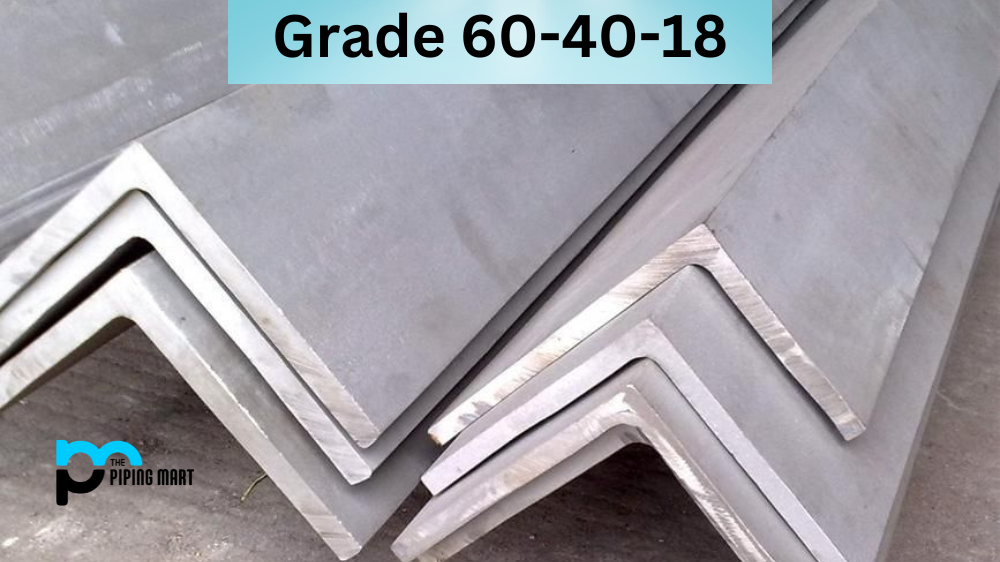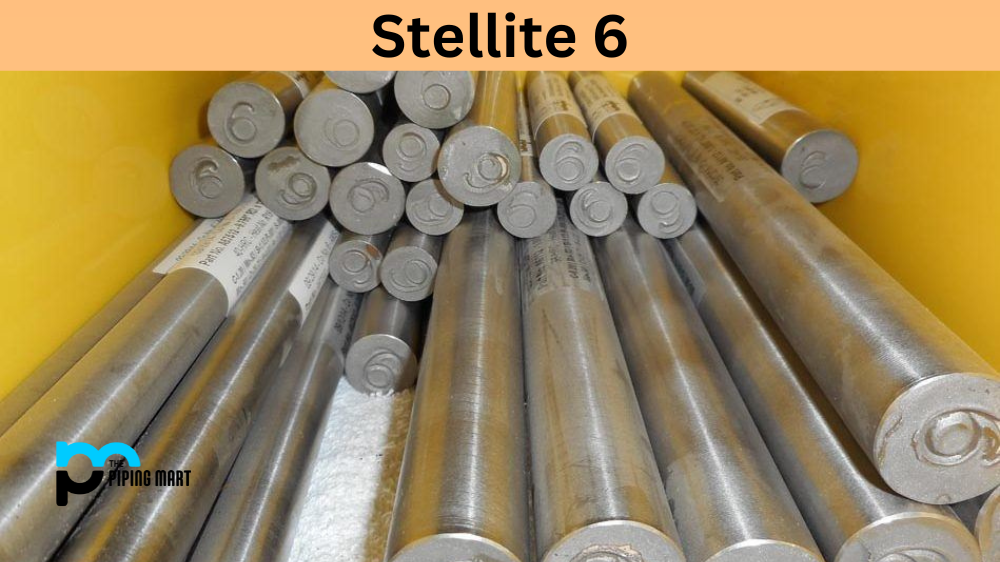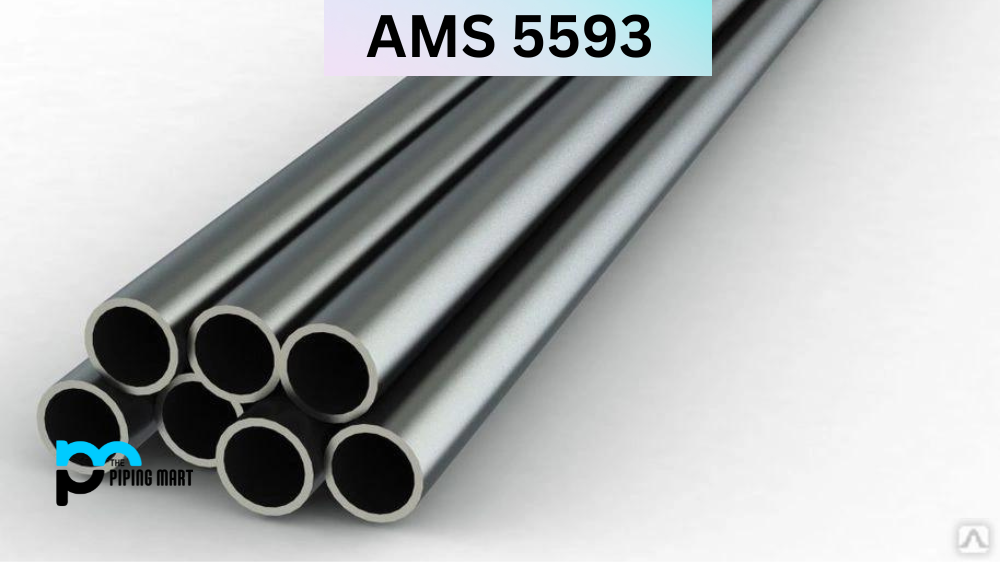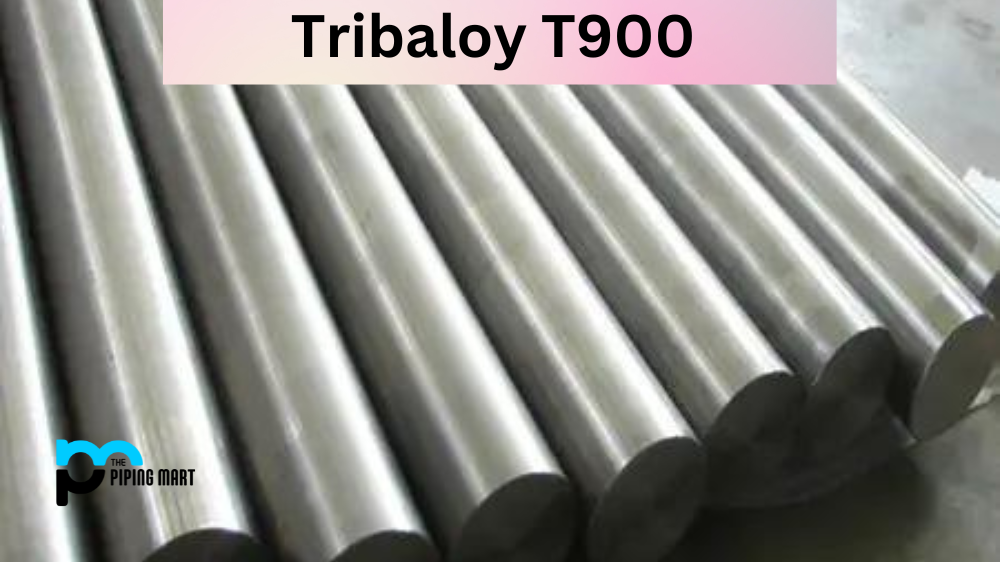Grade 60-40-18 is a commonly used casting alloy in the manufacturing industry. This highly versatile alloy has a range of impressive physical and mechanical properties, making it ideal for a variety of applications. Today, we’ll look closer at what makes this alloy so special, diving into its composition, properties, and uses.
Grade 60-40-18 Composition
Grade 60-40-18 is a high-strength, low-alloy steel composed of iron, carbon, silicon, manganese, sulfur, phosphorus, and nickel. The primary difference between Grade 60-40-18 and other alloys is the high percentage of nodular graphite in its microstructure, which is responsible for its unique properties. Nodular graphite also makes Grade 60-40-18 resistant to cracking and highly malleable, meaning it can be easily shaped and moulded.
| Element | Percentage |
|---|---|
| Carbon | 3.50–3.90% |
| Silicon | 2.25–3.00% |
| Manganese | 0.15–0.35% |
| Sulfur | 0.025% Max |
| Phosphorus | 0.05% Max |
Grade 60-40-18 Physical Properties
Grade 60-40-18 has a 7.15 g/cm³ density and a melting point of 1,260°C. It has excellent thermal conductivity and is highly resistant to corrosion, making it a popular choice for use in harsh environments. Grade 60-40-18 also has good machinability and can be easily welded.
Grade 60-40-18 Mechanical Properties
Grade 60-40-18 has an ultimate tensile strength of 414 MPa, yield strength of 276 MPa, and an elongation of 18%. It has a high fatigue limit and can withstand repeated loading cycles without failure. Grade 60-40-18 has a high impact strength and can absorb shocks without breaking.
| Mechanical Properties | |
|---|---|
| Tensile strength psi (min) | 60,000 |
| Yield strength psi (min) | 40,000 |
| Elongation (min) | 18% |
Grade 60-40-18 Uses
Grade 60-40-18 is commonly used in the manufacturing industry for various applications. Its high strength and toughness make it ideal for machinery, pumps, valves, turbine housing, and engine blocks. It’s also ideal for use in environments where corrosion resistance is essential, such as in marine and chemical processing equipment.
Grade 60-40-18 Hardness
The hardness of Grade 60-40-18 is typically between 170-217 Brinell. The specific hardness depends on the heat treatment applied to the alloy.
Grade 60-40-18 Heat Treatment
Heat treatment is typically required to achieve the desired properties of Grade 60-40-18. Depending on the specific application, the alloy is either annealed or normalized. Annealing involves heating the alloy to a high temperature and slowly cooling it to room temperature. In contrast, normalization consists in heating the alloy to a high temperature and allowing it to cool in the air.
Conclusion
Grade 60-40-18 is an incredibly versatile alloy with a wide range of physical and mechanical properties. Its high strength, flexibility, and corrosion resistance make it an ideal choice for various applications in the manufacturing industry. Whether you need to manufacture machinery, engine blocks, or equipment for harsh environments, Grade 60-40-18 is a reliable and durable alloy that is up to the task. Understanding the composition, properties, and uses of Grade 60-40-18 can help you decide which materials to use in your manufacturing processes.




